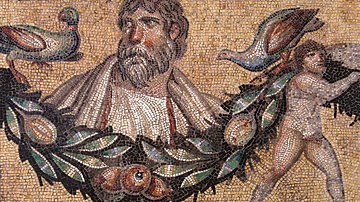In this comprehensive article, we delve into Thucydides’ profound insights on the catastrophic Plague of Athens and provide a detailed commentary on his text. Brace yourself for an enlightening journey through history as we unravel the significance of this devastating event.
The Unprecedented Catastrophe that Befell Athens
Thucydides vividly recounts the unparalleled tragedy that struck Athens during its war with Sparta. The plague, which emerged in 430 BCE, wreaked havoc among both soldiers and civilians alike. With symptoms ranging from high fever to excruciating pain and ultimately death, it left no corner of Athenian society untouched.
An Analytical Examination of Thucydides’ Account
We meticulously analyze Thucydides’ narrative to uncover valuable insights about the nature and impact of this deadly epidemic. His meticulous attention to detail allows us to understand how fear and desperation gripped the city’s inhabitants as they witnessed their loved ones succumb to an invisible enemy.
The Historical Significance and Lessons Learned
Beyond being a mere historical account, Thucydides’ description offers profound lessons that resonate even today. By examining how Athenians coped with such immense suffering – both individually and collectively – we gain invaluable knowledge about human resilience in times of crisis.
A Timeless Reminder: Preparing for Future Challenges
In conclusion, Thucydides’ account serves as a timeless reminder that humanity must remain vigilant against unforeseen challenges. By studying past calamities like the Plague of Athens, we equip ourselves with wisdom necessary for effective preparation in our modern world.

